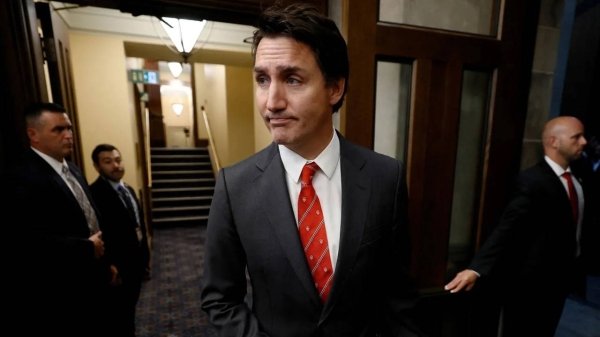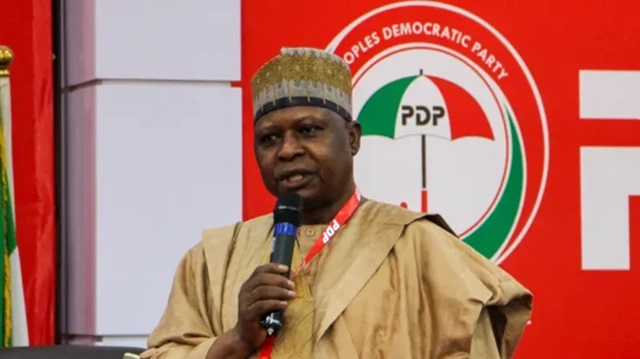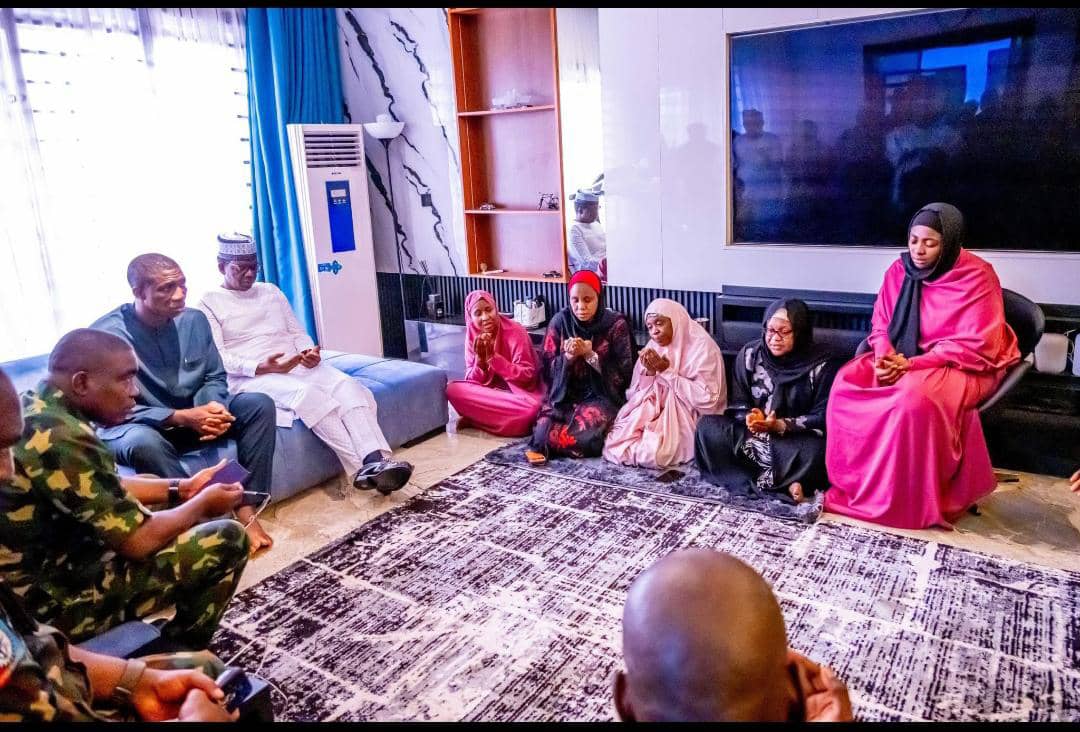Canada and India are embroiled in a diplomatic feud following allegations of India’s involvement in the assassination of a Sikh activist on Canadian soil. Explore the details of this escalating controversy.
Canada’s accusations suggesting India’s involvement in the assassination of Sikh activist Hardeep Singh Nijjar on Canadian territory have ignited a diplomatic showdown, leading to the expulsion of senior diplomats from both Ottawa and New Delhi. The rift between these two nations has deepened significantly as a result.

Uncovering the Diplomatic Expulsions
The tit-for-tat expulsion of diplomats unfolded in response to Prime Minister Justin Trudeau’s statement, wherein he asserted that Canada was actively investigating “credible allegations” connecting India to the June killing of Hardeep Singh Nijjar, a Canadian citizen and prominent Sikh leader.
Canada’s Response
Canada took swift action by expelling an Indian diplomat, whom Foreign Affairs Minister Mélanie Joly identified as the head of India’s intelligence agency in Canada. Joly emphasized their commitment to uncovering the truth behind the assassination and revealed that Prime Minister Trudeau had raised this issue with both US President Joe Biden and British Prime Minister Rishi Sunak.
India’s Retaliation
In retaliation, India’s foreign ministry expelled a senior Canadian diplomat based in India, issuing a statement that the concerned diplomat must leave India within the next five days. India cited its growing concern regarding Canadian diplomats’ interference in its internal matters and their involvement in activities deemed anti-India.
The Tragic Assassination of Hardeep Singh Nijjar
Hardeep Singh Nijjar, a prominent Sikh leader in western Canada, met a tragic end when two masked gunmen shot him in his truck outside a Sikh temple in Surrey, British Columbia, in June. Nijjar’s death shocked and outraged Canada’s Sikh community, one of the largest Sikh populations outside India, with over 770,000 members.
Nijjar’s Advocacy for Khalistan
Nijjar was an outspoken advocate for the creation of Khalistan, a separate Sikh homeland. He often led peaceful protests against perceived human rights violations in India and in support of Khalistan. The Khalistan movement is banned in India, with associated groups classified as “terrorist organizations” under India’s Unlawful Activities (Prevention) Act (UAPA). Nijjar’s name was on the Home Ministry’s list of UAPA terrorists.
India’s Rejection of Allegations
India vehemently rejected Trudeau’s allegations as “absurd and motivated.” The country stressed its commitment to the rule of law and accused Canada of providing shelter to Khalistani terrorists who posed a threat to India’s sovereignty.

International Concerns
The White House expressed deep concern about Trudeau’s allegations and emphasized the importance of Canada’s investigation and bringing the perpetrators to justice. Australia also voiced its concerns about the allegations, highlighting the significance of the Indian diaspora within its multicultural society.
Impact on Canada-India Relations
The allegations made by Canada against the Indian government are expected to strain bilateral relations further. An ongoing trade deal between the two nations has been halted due to “serious concerns” cited by India’s commerce and trade minister.
Historical Context of Sikh Activism
The issue of Sikh activism within Canada’s large Sikh diaspora has been a persistent source of tension. Previous interactions between Prime Minister Modi and Trudeau have been marked by frostiness, with Trudeau’s perceived sympathy for Sikh activists being a point of contention.
Call for Action
India urged Canada to take prompt and effective legal action against anti-India elements operating within its borders, including those involved in illegal activities such as murders, human trafficking, and organized crime.
Support for Khalistan Abroad
The Sikh religion, founded in Punjab in the 15th century by Guru Nanak, boasts approximately 25 million followers worldwide. While Sikhs constitute a minority in India, they form a majority in the northern state of Punjab. The Khalistan movement, seeking a separate Sikh homeland, gained momentum around India’s independence in 1947.
Historical Trauma and Violence
The Khalistan movement has a history marred by violent clashes between its followers and the Indian government, with the most significant incident being the storming of Amritsar’s Golden Temple in 1984. This operation led to widespread anger within the Sikh community and the assassination of Prime Minister Indira Gandhi by her Sikh bodyguards.
Global Sympathy for Khalistan
Although Khalistan supporters within India remain on the fringes, the movement garners sympathy from some Sikhs in the global diaspora, especially in Canada, Britain, and Australia. A small yet influential faction supports the idea of Khalistan, with periodic referendums held to gauge consensus for the establishment of a separate homeland.
The assassination of Hardeep Singh Nijjar and the subsequent diplomatic tensions between Canada and India underscore the complexities of Sikh activism, the pursuit of Khalistan, and the challenges faced by both nations in managing this contentious issue.





